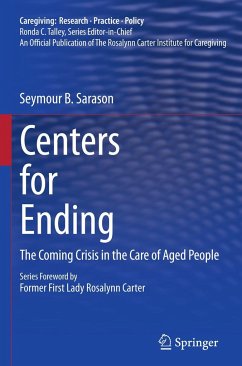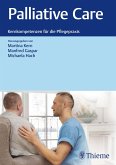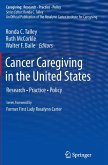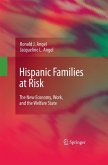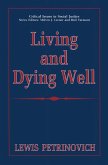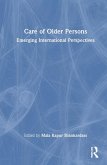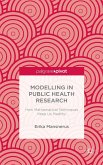As people live longer and health care costs continue to rise and fewer doctors choose to specialize in geriatrics, how prepared is the United States to care for its sick and elderly? According to veteran psychologist Seymour Sarason's eloquent and compelling new book, the answer is: inadequately at best. And rarely discussed among the grim statistics is the psychosocial price paid by nursing home patients, from loneliness and isolation to depression and dependency.
In Centers for Ending, Dr. Sarason uses his firsthand experience as both practitioner and patient in senior facilities to reveal wide-ranging professional and moral issues affecting this seemingly familiar terrain. Insensitive medical personnel, poorly trained nurses and aides, indifferent administrators, and a prevailing culture content with treating "bodies" instead of human beings are identified as contributing factors. Drawing on America's rich history of large-scale solutions to social problems,Dr. Sarason offers penetrating insights and bold suggestions in such areas as:
The widening care gap between haves and have-nots.Why professional caregivers fail to understand patients.The nursing home resident as immigrant.Why previous reform efforts have not worked.The need for a Presidential commission for the elderly.The scenario if conditions are allowed to remain as they are or worsen.
This concise volume is essential reading for researchers, graduate students, professionals, practitioners, and policy makers across such fields as geriatric medicine, health psychology, social work, public health, and public policy. Centers for Ending is a clarion call to be ignored at great cost to our elders and ourselves.
In Centers for Ending, Dr. Sarason uses his firsthand experience as both practitioner and patient in senior facilities to reveal wide-ranging professional and moral issues affecting this seemingly familiar terrain. Insensitive medical personnel, poorly trained nurses and aides, indifferent administrators, and a prevailing culture content with treating "bodies" instead of human beings are identified as contributing factors. Drawing on America's rich history of large-scale solutions to social problems,Dr. Sarason offers penetrating insights and bold suggestions in such areas as:
The widening care gap between haves and have-nots.Why professional caregivers fail to understand patients.The nursing home resident as immigrant.Why previous reform efforts have not worked.The need for a Presidential commission for the elderly.The scenario if conditions are allowed to remain as they are or worsen.
This concise volume is essential reading for researchers, graduate students, professionals, practitioners, and policy makers across such fields as geriatric medicine, health psychology, social work, public health, and public policy. Centers for Ending is a clarion call to be ignored at great cost to our elders and ourselves.
From the reviews:
"Written as an educational tool for families and/or caregivers who are providing care for an elderly person, this book would be a great reference for nursing homes to teach caregivers how it feels to be dependent on others. It also provides insights into regulatory changes needed to improve elders' psychosocial satisfaction and autonomy when dependent upon others. ... The author is an expert in the psychosocial needs of people ... . The author's real life experiences lend considerable weight to the book." (Katherine L. Aguilar, Doody's Review Service, October, 2011)
"Written as an educational tool for families and/or caregivers who are providing care for an elderly person, this book would be a great reference for nursing homes to teach caregivers how it feels to be dependent on others. It also provides insights into regulatory changes needed to improve elders' psychosocial satisfaction and autonomy when dependent upon others. ... The author is an expert in the psychosocial needs of people ... . The author's real life experiences lend considerable weight to the book." (Katherine L. Aguilar, Doody's Review Service, October, 2011)

